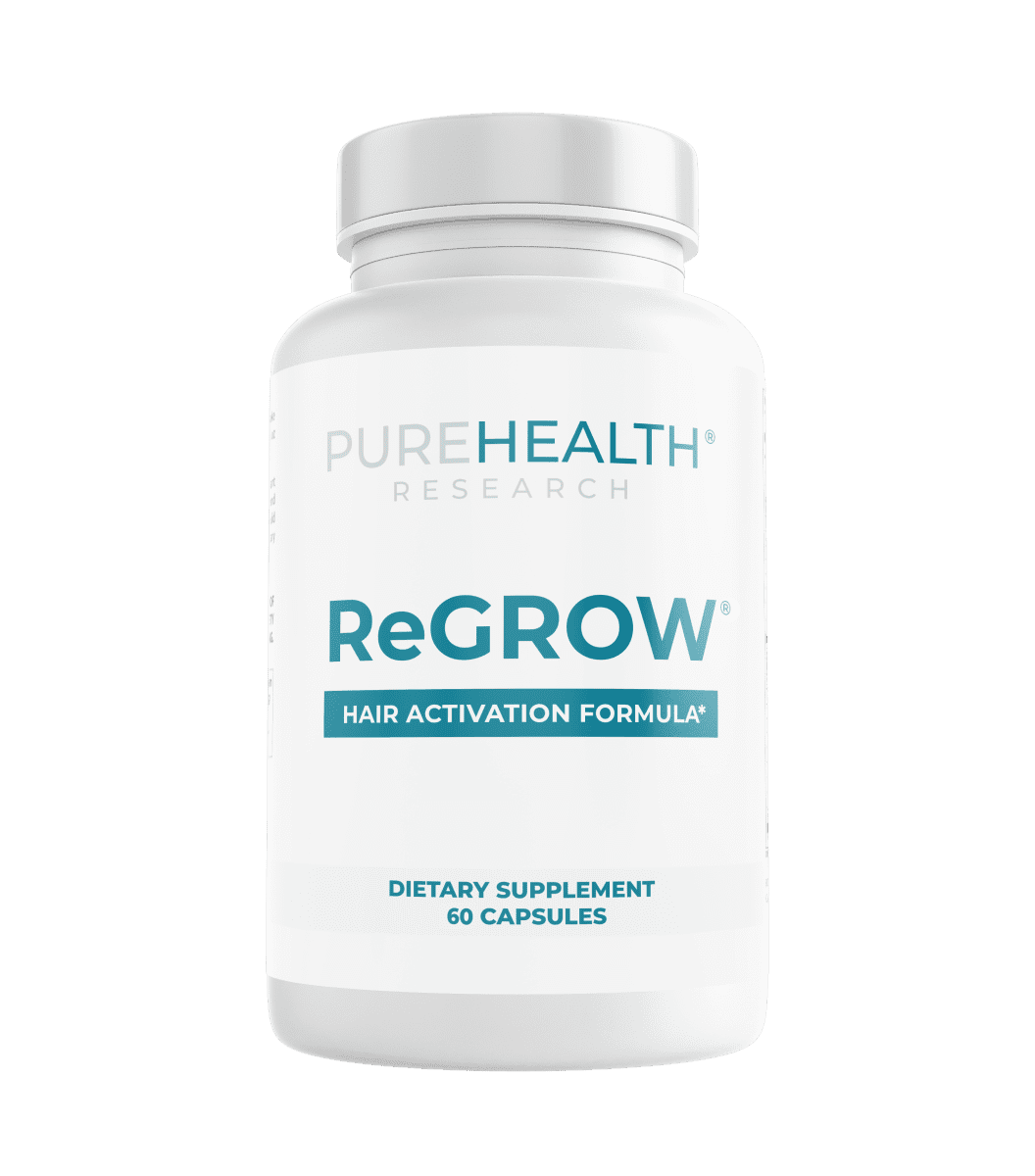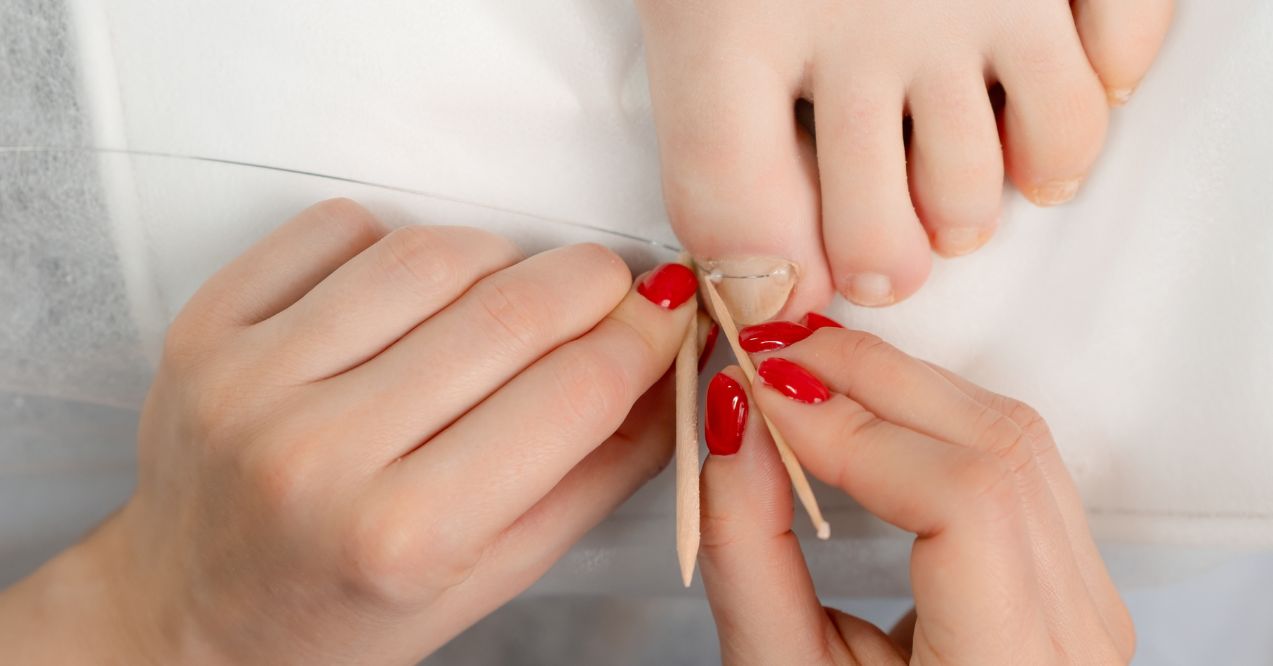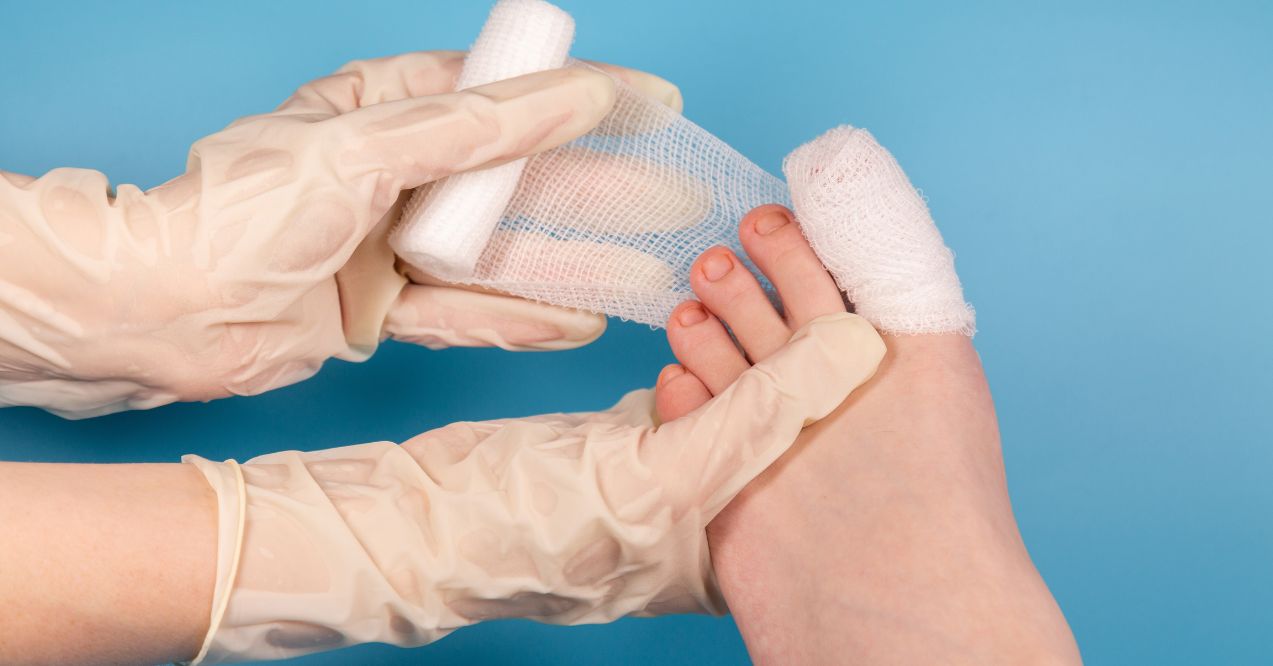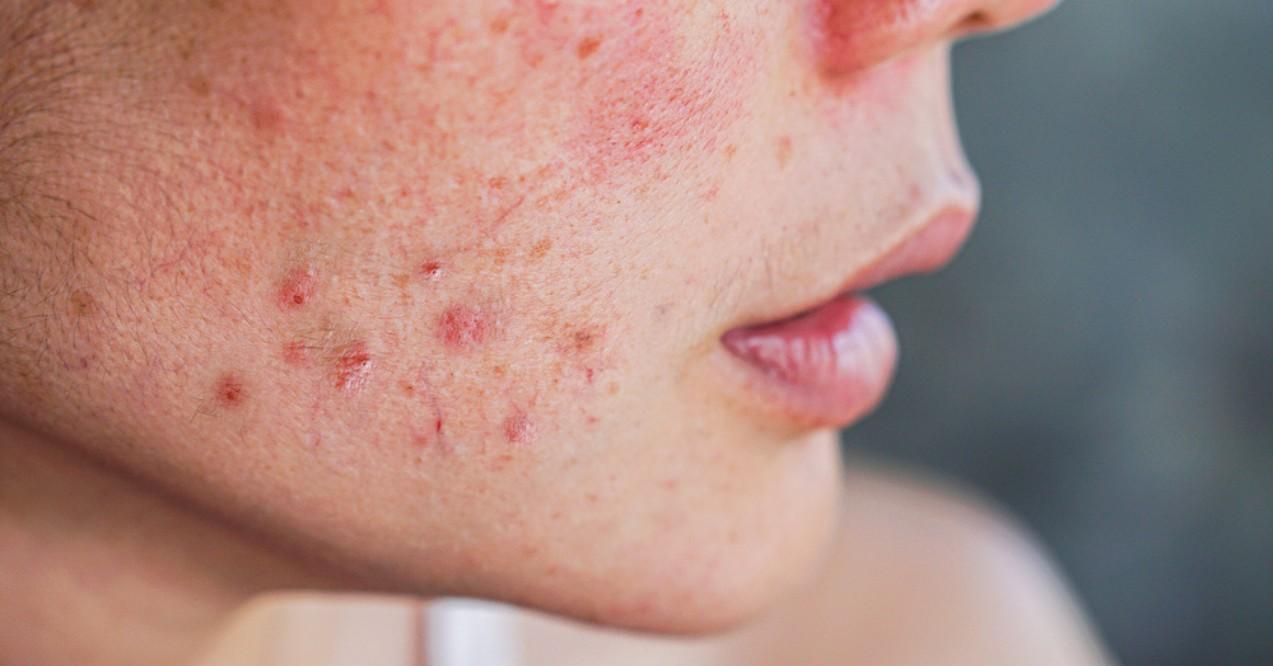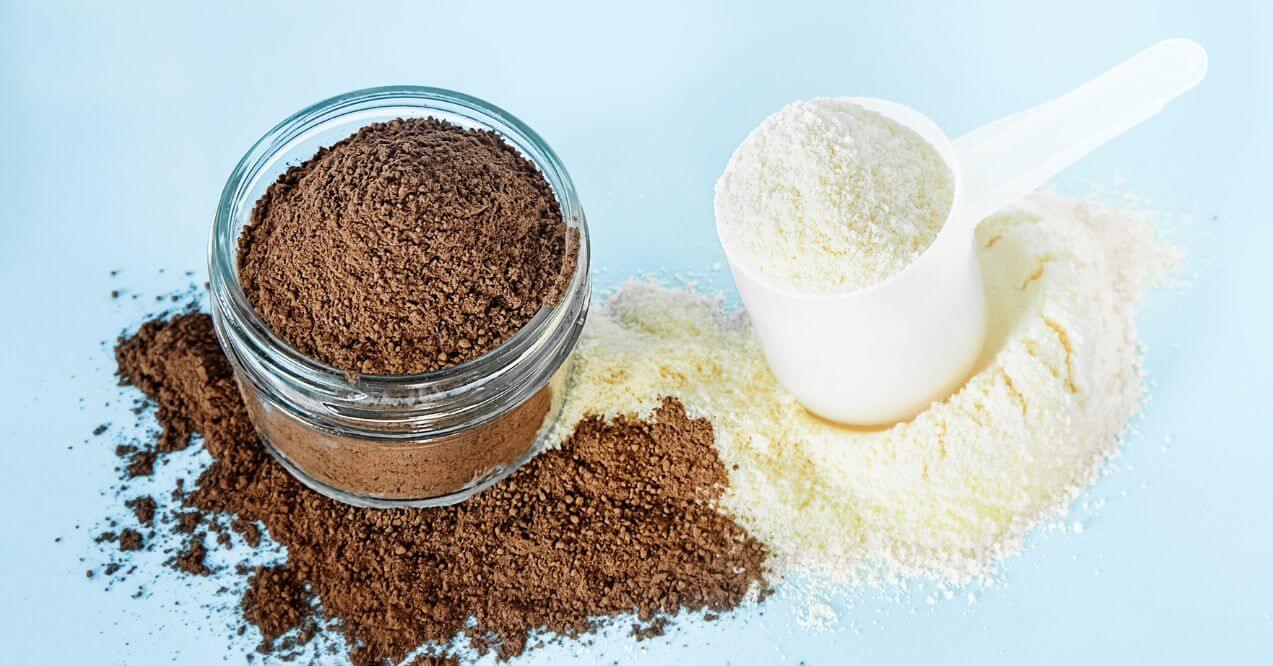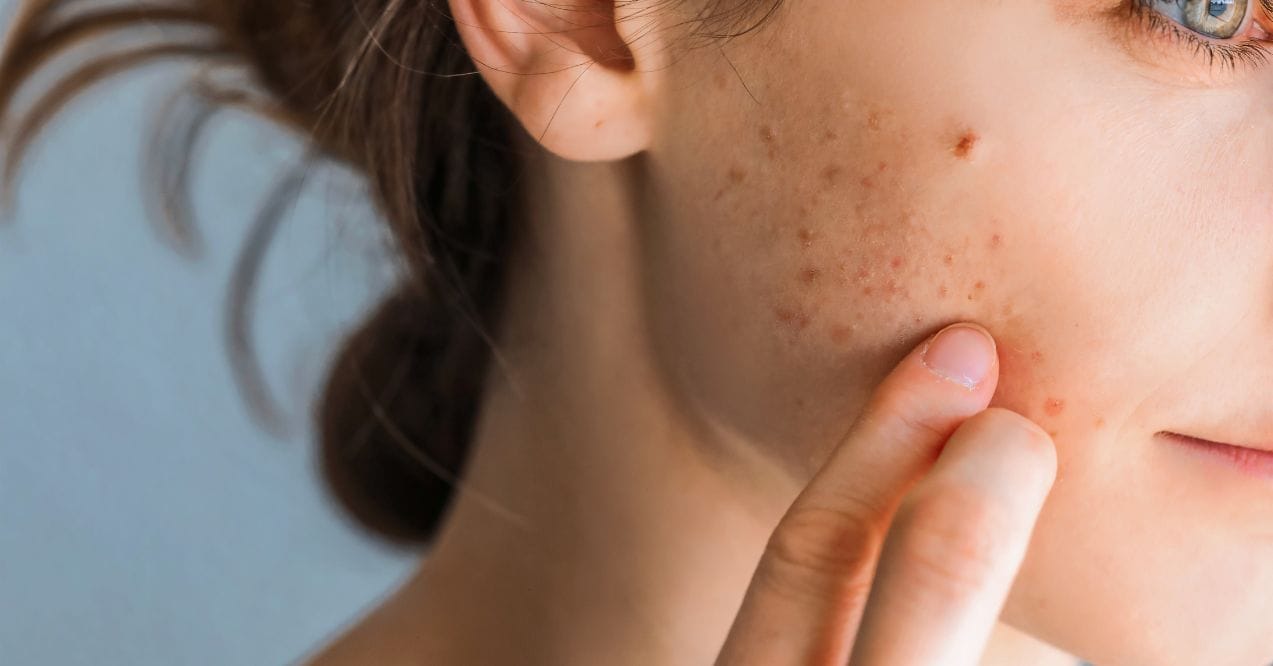How Can Olive Oil Help With Hair Growth?
Unlock the secrets of olive oil for hair growth! Explore its nourishing benefits to boost your hair's health and shine.
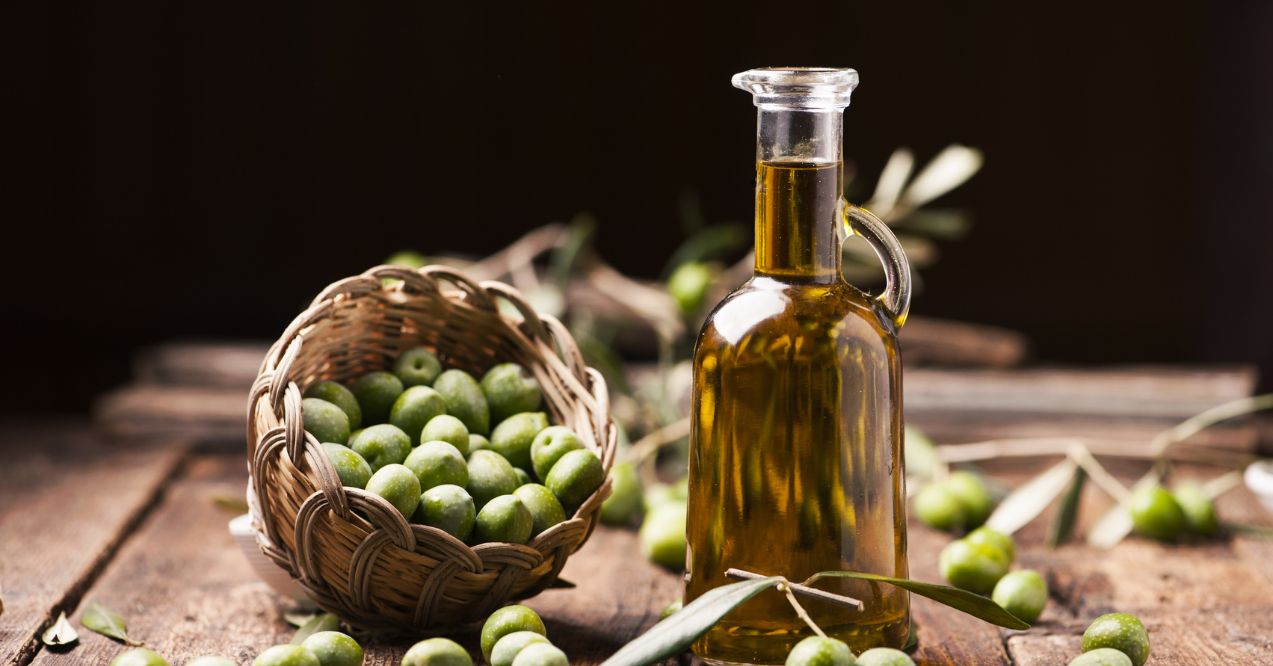

Olive oil for hair growth has been a popular topic in the beauty and health world, thanks to its rich nutritional properties. Many people are turning to natural remedies like olive oil to nourish their locks and promote healthy hair. But is olive oil good for hair growth?
In this article, we’ll dive into the potential benefits of olive oil for your hair and explore how to use olive oil for hair growth effectively. We’ll also discuss additional advantages of using olive oil for hair health, potential side effects to keep in mind, and alternative oils that may help support your hair growth journey.
So, let’s uncover the secrets of this beloved kitchen staple and see how it can help you achieve the luscious, healthy hair you’ve always wanted!
Is Olive Oil Good for Hair Growth?
The answer may lie in its nutrient-rich composition. Olive oil is packed with essential vitamins, minerals, and fatty acids that can contribute to healthier hair and scalp. Research suggests that these nutrients may help:
- Strengthen hair follicles and strands.
- Improve scalp health by reducing inflammation.
- Promote a more balanced scalp environment.
So, what does olive oil do for your hair exactly? The key components in olive oil, such as vitamin E, oleic acid, and squalene, work together to nourish and protect your hair:
- Vitamin E is a powerful antioxidant that fights off free radicals, which can damage hair follicles and lead to premature hair aging.
- Oleic acid, a monounsaturated fatty acid, deeply moisturizes the hair shaft, reducing breakage and split ends.
- Squalene, another fatty acid, helps keep the scalp hydrated and supple, creating an optimal environment for hair growth.
While more research is needed to confirm olive oil’s direct impact on hair growth, some studies have shown promising results. A 2015 study found that applying oleuropein, a compound found in olive oil, to mice resulted in increased hair growth and thickness.
However, can olive oil help regrow hair? While it may not be a magic solution for hair loss, incorporating olive oil into your hair care routine can help create a foundation for healthier, stronger hair that is more likely to grow at its best.
What are the most important factors influencing hair growth? If you’re searching for the oil for fastest hair growth, it’s essential to remember that hair growth is influenced by various factors, including genetics, age, hormones, diet, and overall health. While using olive oil can support hair health, it’s just one piece of the puzzle. Maintaining a balanced diet, managing stress, and taking care of your overall well-being are all crucial components of promoting healthy hair growth.
How to Use Olive Oil for Hair Growth?
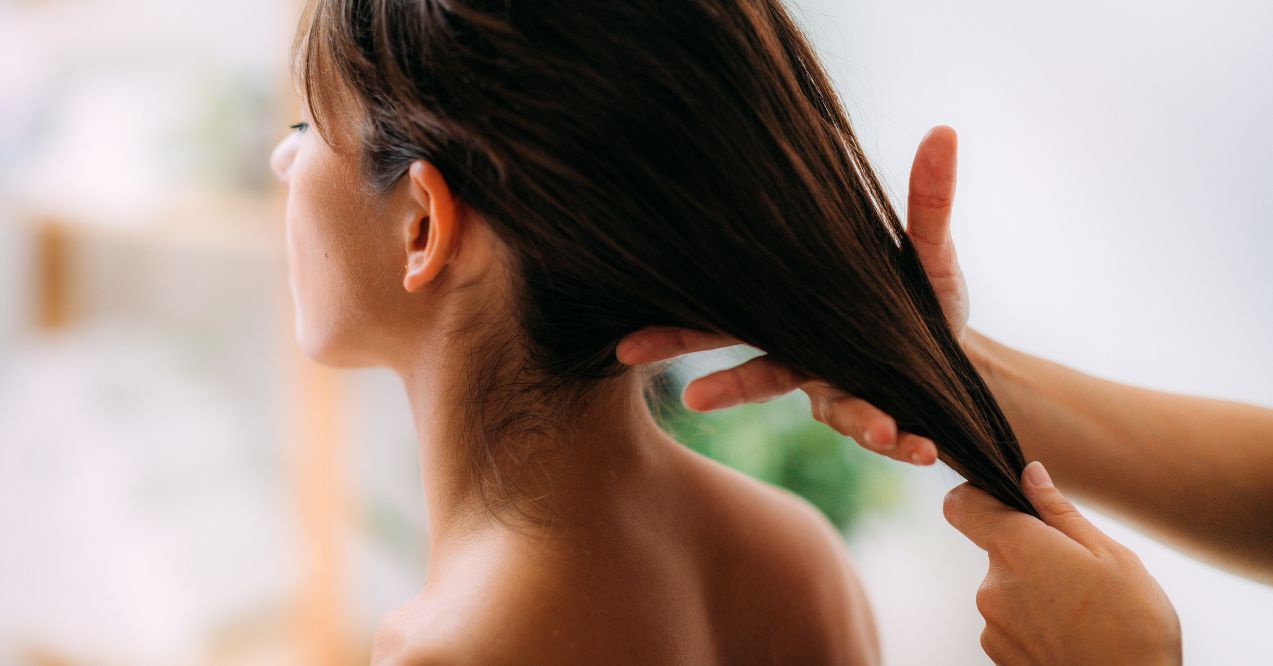
If you’re wondering how to use olive oil for hair growth, you’ll be happy to know that it’s a simple and straightforward process.
- Slightly warm a small amount of olive oil (about 1-2 tablespoons, depending on your hair length) in a microwave-safe bowl or by placing the container in warm water. This will help the oil penetrate the hair shaft more easily.
- Apply the warm oil to your scalp and hair, focusing on the roots and ends. Gently massage the oil into your scalp using circular motions to stimulate circulation and promote a healthy scalp environment.
- Once your scalp is fully covered, work the oil through your hair strands, ensuring even distribution. For extra nourishment, you can use a wide-toothed comb to help spread the oil evenly.
- Depending on your hair type and condition, you can leave the olive oil in your hair for 30 minutes to 2 hours, or even overnight for a deep conditioning treatment.
- To wash the oil out, use a gentle shampoo and lukewarm water, as hot water can strip away the natural oils from your hair.
How to stop hair loss and regrow hair naturally? For those dealing with hair loss, incorporating olive oil into your hair care routine may be a natural way to support hair regrowth. In addition to using olive oil, consider making lifestyle changes such as eating a nutrient-rich diet, managing stress levels, and avoiding harsh chemical treatments that can damage your hair.
If you are wondering how long does it take for hair to grow back? The rate of hair growth varies from person to person, but on average, hair grows about 1/2 inch per month. By consistently using olive oil and adopting healthy hair care practices, you can create an optimal environment for your hair to grow at its best rate.
Other Benefits of Olive Oil for Hair
Anti-inflammatory Properties
Olive oil’s anti-inflammatory properties make it an excellent choice for soothing and calming the scalp. By reducing inflammation and irritation, olive oil can help alleviate common scalp issues such as dandruff, itching, and flaking. The natural compounds found in olive oil, such as oleocanthal, have been shown to possess anti-inflammatory effects similar to those of ibuprofen. This makes olive oil particularly beneficial for individuals with sensitive scalp conditions, as it can provide relief without the use of harsh chemicals.
Moisturising and Softening Properties
Olive oil is a fantastic moisturizer for the hair and scalp, thanks to its rich content of fatty acids and vitamin E. These nutrients work together to deeply nourish and hydrate the hair, making it softer, more manageable, and less prone to breakage. The unique composition of olive oil allows it to penetrate the hair shaft more effectively than other oils, delivering moisture where it’s needed most. By coating the hair strands with a protective layer, olive oil helps to seal in hydration and prevent moisture loss, leading to healthier, more resilient hair.
Antioxidant Effects
Olive oil is rich in antioxidants, such as vitamin E and polyphenols, which help protect the hair from damage caused by free radicals. These harmful molecules can weaken hair fibers, leading to premature aging, breakage, and even hair loss. By neutralizing free radicals, the antioxidants in olive oil work to maintain the integrity of the hair structure, promoting healthier, more resilient strands. To use olive oil as a protective treatment, apply a small amount to your hair before using heat styling tools or exposing your hair to the sun. This will help create a barrier that helps minimize damage from high temperatures and UV rays, keeping your hair looking youthful and vibrant.
Potential Side Effects of Olive Oil
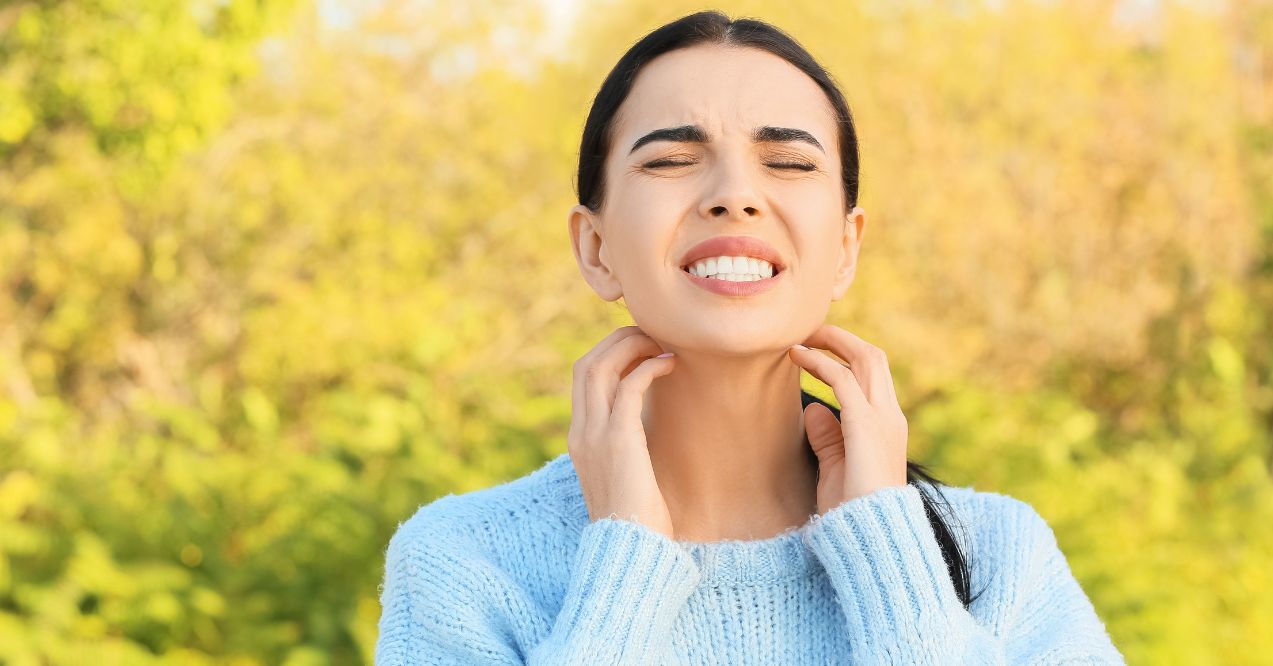
While olive oil for hair growth is generally considered safe, it’s essential to be aware of potential side effects.
Allergic reactions:
- Some people may experience allergic reactions to olive oil, resulting in itching, redness, or irritation on the scalp.
- To test for allergies, apply a small amount of olive oil to a patch of skin on your inner arm and wait 24 hours to see if any reactions occur.
Scalp acne:
- Another possible side effect is scalp acne, which can be caused by using heavy formulations of olive oil that clog pores.
When considering what does olive oil do for your hair, keep in mind that while it can provide numerous benefits, using too much can make hair appear greasy, especially for those with fine or oily hair.
Finding the right balance:
- If you’re searching for the oil for fastest hair growth, it’s crucial to find the right balance and use olive oil in moderation to avoid weighing down your hair.
- Start with a small amount and gradually increase as needed to find the optimal quantity for your hair type.
The Best Hair Growth Oil Alternatives to Olive Oil
Coconut oil
- Rich in lauric acid, which penetrates the hair shaft and reduces protein loss.
- Helps prevent hair damage and breakage.
- Compared to olive oil, coconut oil is lighter and may be better suited for fine or oily hair.
- Use as a pre-wash treatment or apply a small amount to the ends of your hair for added moisture.
Argan oil
- Rich in vitamin E, fatty acids, and antioxidants that nourish and protect the hair.
- Helps tame frizz, add shine, and improve hair elasticity.
- Lighter than olive oil and easily absorbed by the hair.
- Use as a leave-in treatment on damp hair or apply a few drops to styled hair for added shine.
Jojoba oil
- Mimics the natural oils produced by the scalp, helping to balance oil production.
- Non-greasy and lightweight, making it suitable for all hair types.
- Similar to olive oil in terms of moisturizing properties.
- Apply a small amount to the scalp and hair, focusing on the ends, and style as usual.
While these natural oils can be beneficial for hair growth and health, it’s worth considering a specially formulated product like Regrow Hair Activation Formula by PureHealth Research, one of the best supplements for skin and beauty.
Conclusion
In conclusion, olive oil is a natural and effective remedy for promoting hair growth due to its rich composition of nutrients like vitamin E, oleic acid, and squalene. Its moisturizing and anti-inflammatory properties help improve scalp health and reduce hair breakage, creating an optimal environment for hair growth. However, moderation is key to avoid potential side effects such as allergic reactions and scalp acne. Regular use can lead to stronger, healthier hair.
Olive oil is beneficial for hair as it moisturizes, strengthens, and adds shine. Rich in vitamins E and K, it helps combat dryness and breakage, promotes scalp health, and can reduce frizz. Regular application can enhance hair texture and manageability, making it a popular choice for hair care.
Olive oil can support hair health but is not proven to regrow hair. It improves scalp health by moisturizing and reducing inflammation, which can create a better environment for hair growth. However, it’s not a replacement for treatments specifically aimed at hair regrowth like minoxidil or finasteride.
Yes, olive oil is good for beards. It moisturizes the skin beneath the beard, reduces beard dandruff, and makes the beard softer and easier to manage. Its nutrients also help to strengthen beard hair, promoting a healthier, more lustrous appearance.
Sign up for our Healthy Living newsletter!
Advertisement. This site offers health, wellness, fitness and nutritional information and is designed for educational purposes only. You should not rely on this information as a substitute for, nor does it replace, professional medical advice, diagnosis, or treatment. If you have any concerns or questions about your health, you should always consult with a physician or other health-care professional. Do not disregard, avoid or delay obtaining medical or health related advice from your health-care professional because of something you may have read on this site. The use of any information provided on this site is solely at your own risk.
